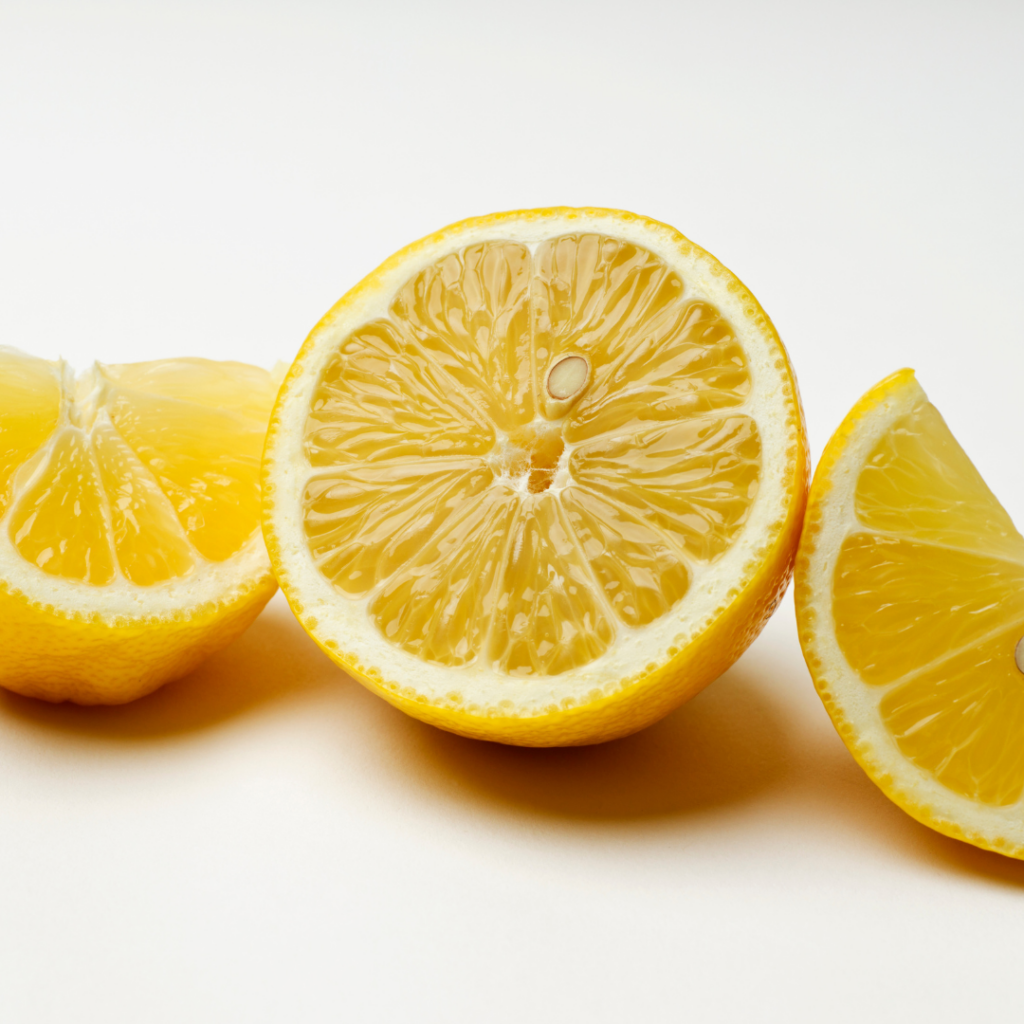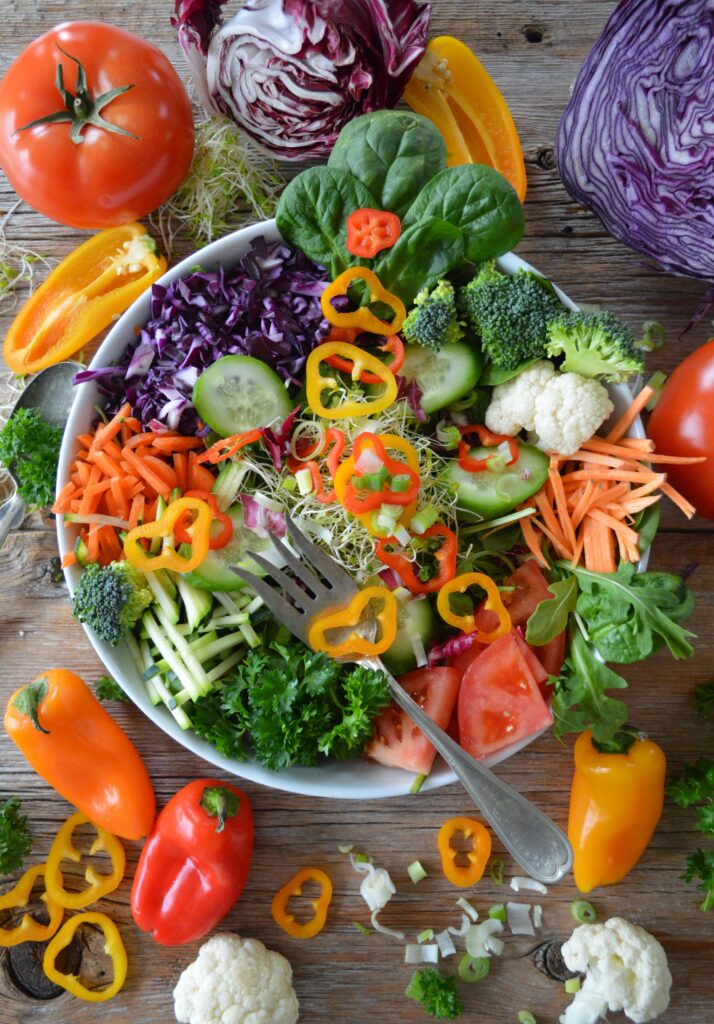Cardiac health & black women

February brings Valentine’s Day, and storefronts and social media are stuffed with sentimental images of hearts. February is also the month of observance for your cardiac health, in the form of National Heart Healthy Month, American Heart Month and Women’s Heart Week.
Know your risk factors
First, know the facts. More American women die from heart disease than any other cause, but the disease exacts a greater toll on Black American women than on other ethnicities.
Three main factors to consider: your genes, your lifestyles (beware of French fries and smoking), and the effects of the systemic racism to which Black Americans are subjected daily. See the Black Women’s Health Imperative for more details. And a word about smoking: don’t. The American Lung Association states that among Black Americans who smoke, three in four (more than 77%) smoke menthols. The insidious marketing of menthol cigarettes to Black communities make smoking initially easier and more attractive — that cooling sensation — and more difficult to quit. If you smoke, seek out a cessation program, for the good of your heart.
According to the American Heart Association, one-half of Black women in the United States have some form of cardiovascular disease, and Black women are more likely to die of heart disease, and at younger ages, than white women. Recent research has uncovered the fact that 1 in 5 Black Americans experiences elevated blood pressure even while asleep. Ideally, sleep is an opportunity for body, mind, and spirit to recharge. Instead, elevated blood pressure and heart rate even while sleeping keep the central nervous system on high alert, as though anticipating danger and the need for a sudden fight-or-flight self-defense. This state of alertness is maintained in part by high levels of cortisol in the blood, cortisol being the hormone linked with stress.
The role of trauma and stress
Yale-educated cardiologist Marwah Abdalla, MD conjectures that Black Americans may experience this heart-endangering syndrome as the result of inherited racial trauma and a lifetime of microaggressions recorded in the body’s flawless ledger of metabolic memory. Abdalla, who is also a professor at Vagelos College of Physicians and Surgeons at Columbia University Irving Medical Center, is active in the Jackson Heart Study, the largest cohort of Black Americans being studied for cardiovascular disease, which has followed participants for more than 20 years. Her goal is to translate her clinical findings into medical system policies which counteract the health effects of structural racism and help to build a more antiracist society — in short, to transform health care.
Bryan Smith, MD, a graduate of the prestigious Pritzker School of Medicine at the University of Chicago, and now cardiologist at the University of Chicago Medical Center, states that “health inequities” have a direct link to the development of heart disease and heart failure. Among the most common social determinants affecting Black women: distrust in the medical system, lack of nutritious food options (living in food deserts), and poor access to medical care. However, Dr. Smith, who specializes in heart transplants and the medical management of advanced heart failure, offers encouragement, reminding his patients that even two simple changes — walking for at least 30 minutes every day, and cutting salt intake — can dramatically lower risk in some patients.
Love salt? Please squeeze (a lemon wedge) instead
About that salt: current research reveals that many Black Americans carry a specific gene variant of the angiotensin converting enzyme (ACE) which causes salt-sensitivity, the result being constricted arteries that contribute to hypertension and heart disease. Maybe you’ve heard of what’s called the “Slavery Hypertension Hypothesis” promoted for many years by Oprah Winfrey, Dr Oz, and others. This theory maintains that Africans developed the physiological capacity to retain high sodium (salt) levels in their bodies to endure hot, arid climates. The theory goes on to state that Africans who survived the slave trade’s Middle Passage were those who could hold more salt in their bodies. Once in America, stolen Africans were forced to labor in extreme heat with little access to water, relying on their capacity to retain salt in order to stay alive. While intriguing, this theory is now widely disputed, according to professor Dr. Fatima Jackson of Howard University. Among other issues, Dr. Jackson points out that the millions of African people wrenched from their homes and forced into bondage were by no means genetically identical. Tribal and family groups representing a wide diversity of physiological characteristics from vast areas of the continent were trapped and captured into bondage, meaning that their gene-pool was complex and diverse.

Still, the message is clear: show your heart some love and lay off the salt. A zing of any citrus fruit (fresh lime juice on a wing? Why not?) or a splash of balsamic vinegar gives food a sharp hit of acidity that can take the place of salt.
Heart disease is often a silent killer
Harvard-educated Keith Churchwell, MD, President of Yale New Haven Hospital, warns that often, cardiac arrest arrives suddenly, without warning signs. However, if you do experience any of the following symptoms, seek immediate emergency care:
- Neck or upper back pain
- Chest pain
- Heartburn, indigestion, nausea or stomach pain
- Shortness of breath
- Dizziness
- Pain in the upper body
- Sweating
Although none of this is cut and dried, there is anecdotal evidence that women often experience stomach problems as an indicator of heart issues, while men are more likely to feel sharp pain in the left arm, along with rapid heartbeat and pressure in the chest.

Love up some color
It’s a fact that genetics and institutional racism both play a significant role in your risk for heart disease, but the good news is that individual preventive steps can help to protect you. Finding a culturally competent doctor is a key step. Stress management is also essential, along with adding more vegetables (creamed spinach doesn’t count) and other produce into your diet. Here’s a fun tip: choose vegetables that are literally in living color. The vivid natural pigments that give veggies their brilliant rainbow of colors also signal health benefits for humans. The brighter the better.
Red and pink foods like radishes and red peppers contain lycopene, a phytonutrient signaling a high level of Vitamin C, and are especially beneficial to the heart. Orange and yellow produce like carrots and sweet potatoes contain beta-carotene, which converts into Vitamin A, especially essential for aging bones. Deep greens like Brussel sprouts, broccoli, dandelion and collards are considered superfoods for their high levels of Vitamins A,B,C,E, and K, plus iron, calcium, potassium and minerals. Greens in particular are widely considered to be detoxifying, and they get their green sheen from powerful levels chlorophyl and lutein. Blue and purple foods share the deep pigment called anthocyanin, and every serving of red cabbage, red onion, purple garlic, purple cauliflower and eggplant packs a big Vitamin C punch.
Red and pink foods like radishes and red peppers contain lycopene, a phytonutrient signaling a high level of Vitamin C, and are especially beneficial to the heart. Orange and yellow produce like carrots and sweet potatoes contain beta-carotene, which converts into Vitamin A, especially essential for aging bones. Deep greens like Brussel sprouts, broccoli, dandelion and collards are considered superfoods for their high levels of Vitamins A,B,C,E, and K, plus iron, calcium, potassium and minerals. Greens in particular are widely considered to be detoxifying, and they get their green sheen from powerful levels chlorophyl and lutein. Blue and purple foods share the deep pigment called anthocyanin, and every serving of red cabbage, red onion, purple garlic, purple cauliflower and eggplant packs a big Vitamin C punch.
Raw, baked or steamed versus fried veggies are the healthiest. Colorful fruits are delicious and also healthful in small quantities, but be aware that especially sweet fruits like bananas, mangoes and all dried fruit are extremely high in fructose, which can play havoc with your blood-sugar levels. You know that old saying about the blacker the berry? Deeply pigmented berries, meaning blackberries, boysenberries and blueberries, are indeed considered superfoods by modern science for their powerful antioxidant properties.
So, as a simple daily heart-health practice, say goodbye to oversalting and smoking. Move your body every day, regardless of your age, weight or size. Stretching and stepping to music in your living room is a fine place to start. Try this on FaceTime or Zoom with friends and fam. Swimming is also ideal, because the water supports your joints. Fill your plate with the vibrant colors of fresh produce, steer clear of processed foods and much as possible, and maybe organize friends to form a walking group (maybe to a farmer’s market!) to keep moving toward holistic heart health.
#
Be the first to comment